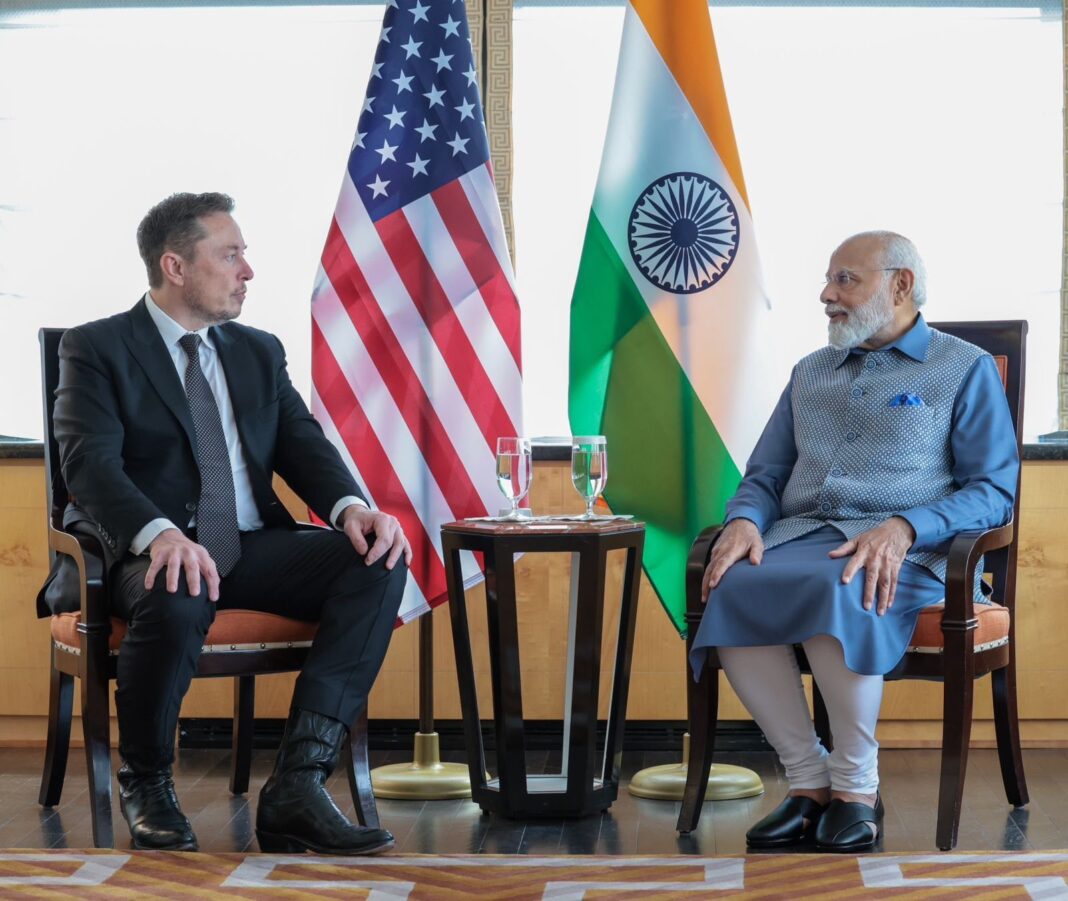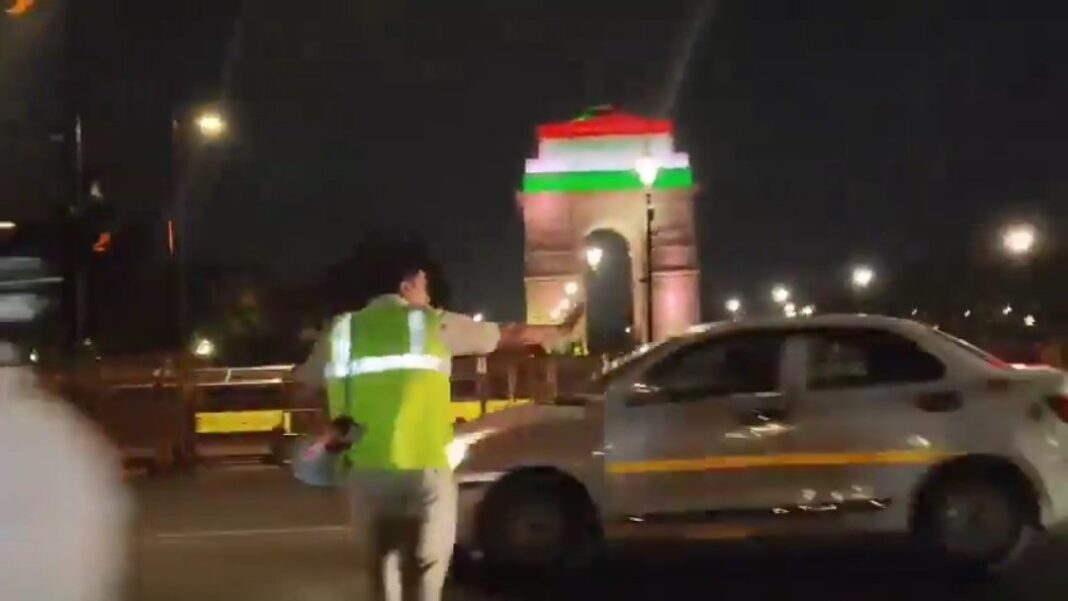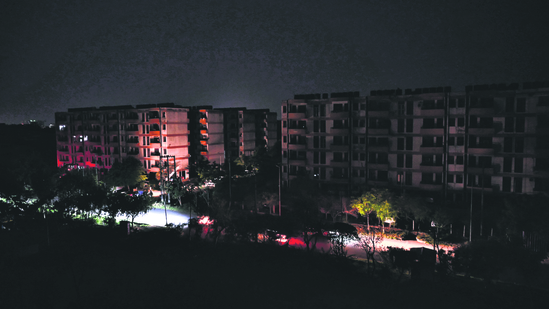By The Sampadak Express
Social media platform X (formerly Twitter), owned by Elon Musk, revealed on Thursday that the Indian government has issued executive orders demanding the blocking of over 8,000 accounts. This development comes in the wake of heightened tensions between India and Pakistan following the recent terror attack in Pahalgam, which claimed 26 lives.
In an official statement, X confirmed it had received government directives requiring the restriction of access to the listed accounts within India. These include accounts belonging to international news organizations and prominent users. The company stated that non-compliance could result in severe legal consequences, including hefty fines and possible imprisonment of local staff.”

These are not easy decisions,” X said, emphasizing the importance of maintaining its operations in the country. “Keeping the platform accessible in India is vital to Indians’ ability to access information,” it added.
The company also voiced concerns about the legal constraints that prevent it from disclosing the contents of the executive orders. “We believe that making these executive orders public is essential for transparency lack of disclosure discourages accountability and can contribute to arbitrary decision-making,” the statement read.
Broader Crackdown on Digital Content
This move aligns with a broader digital crackdown by the Indian government targeting content linked to Pakistan. Authorities have recently banned several Pakistani YouTube channels, accusing them of spreading “provocative” content amid escalating geopolitical tensions.

Notably, access to the Instagram account of Pakistan’s former Prime Minister and cricket icon Imran Khan has been restricted in India. Additionally, various Pakistani celebrities and public figures, including actors Fawad Khan and Atif Aslam, and cricketers such as Babar Azam, Mohammad Rizwan, Shahid Afridi, and Wasim Akram, have reportedly been blacklisted across Indian digital platforms.
The restrictions follow a surge in misinformation online, particularly after India’s Operation Sindoor. Social media has seen a rise in manipulated or outdated visuals, including deepfake videos, which have been falsely attributed to recent cross-border events.
More articles:






